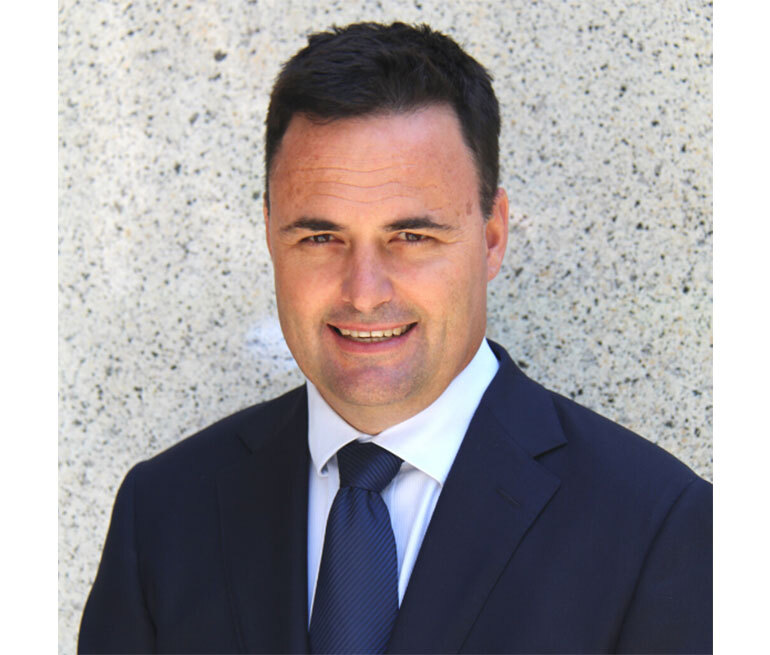The journey of cotton grower Nigel Burnett

Farming has always been in the blood of cotton grower Nigel Burnett.
In the early 1980s, his family moved to Emerald in central Queensland to take on a 200-hectare property and develop it for irrigated cropping.
“We lived underneath a tree in a caravan with four children – I have two brothers and a sister – and we grew up in this local community,” Nigel said.
Nigel vividly remembers his family’s early days in the cotton industry, growing up with no power, being bathed in a tub with water heated from a fire, and his mother cooking off a woodfire stove.
Soon enough, as their farm built-up, the family moved into a house and deepened its connections with the Emerald community.
“We’ve been able to witness the strength of the cotton industry and just how important that is, and how it’s almost created the glue for Emerald over all those years,” Nigel said.
After finishing school, Nigel moved to Armidale in NSW to study a Bachelor of Rural Science; but soon enough he returned home and worked with his father for a few years.
After marrying his wife Beth in the early 2000s, Nigel leased land and grew crops, which enabled him to grow his own business and eventually purchase land.
Nigel and Beth now grow irrigated and dryland cotton, chickpeas, wheat, and beef cattle.
“That upbringing - it was character building and made me the person I am today,” Nigel said.
“It was a really important part of my life and something I wouldn’t change.”
Life as a grower is demanding, with 12-hour days and six-to-seven-day weeks common.
“These people (cotton growers) work really hard; they don’t live flash existences. They’re on their farms working hard for the families and for their communities as well,” Nigel said.
“It takes a lot of hard work, application, and commitment to the staff we employ and their families. I have a deep sense of connection between ourselves and our staff, all the way back through our community – the people who support us, we really want to support them as well.”
Nigel is deeply connected to his community and is involved in local sport, the town’s Sunflower Festival, Parkrun, and has many friends across industries.
“We live in these communities; our kids go to school there. There’s a real sense that cotton communities are built [by all] across our industry, and that comes from our togetherness and connection,” Nigel said.
“People really need to have that connection. It makes you a better human being and gives you a bit of an outlet.
“It’s something that is promoted within the cotton industry and cotton communities.”
In 2021, Nigel was elected Chairman of Cotton Australia. His new role came after years of involvement on the organisation’s Board and in other industry leadership initiatives.
“[Being Cotton Australia’s Chairman has] been really rewarding, just from that level of looking back across the industry and seeing how it functions and how important it is to our communities,” he said.
“What I’ve seen is when cotton’s strong, when our farmers have big crops of cotton, those communities are strong as well – they are just heaving.
“Our industry’s sustainability story is really taking hold. We’ve got brands and retailers demanding a sustainable supply chain, and what it means for cotton is we’ve got a sustainable product there that’s fully biodegradable … it’s something we should be promoting really strongly.”
While the Australian cotton industry has endured some negative commentary in recent years, Nigel encouraged city-based Australians to discover more about the industry before casting judgement.
“Contact a cotton grower and start a conversation with them. What we’ve found is once people understand and get an opportunity to talk to our farmers, they really see how well they grow their crops and really see how responsible they are,” Nigel said.
“If we can get more people on the farms, I would love to see that, as that’s first-hand experience.
“It tells the true story around the modern industry around what it’s like, unlike the perceptions that’ve been held for the last 20 – 40 years.
“It’s when other people experience that and witness that on our farms – that is absolute gold.”
Nigel Burnett spoke to Cotton Australia’s ‘From The Field’ podcast. Listen to his interview below.
